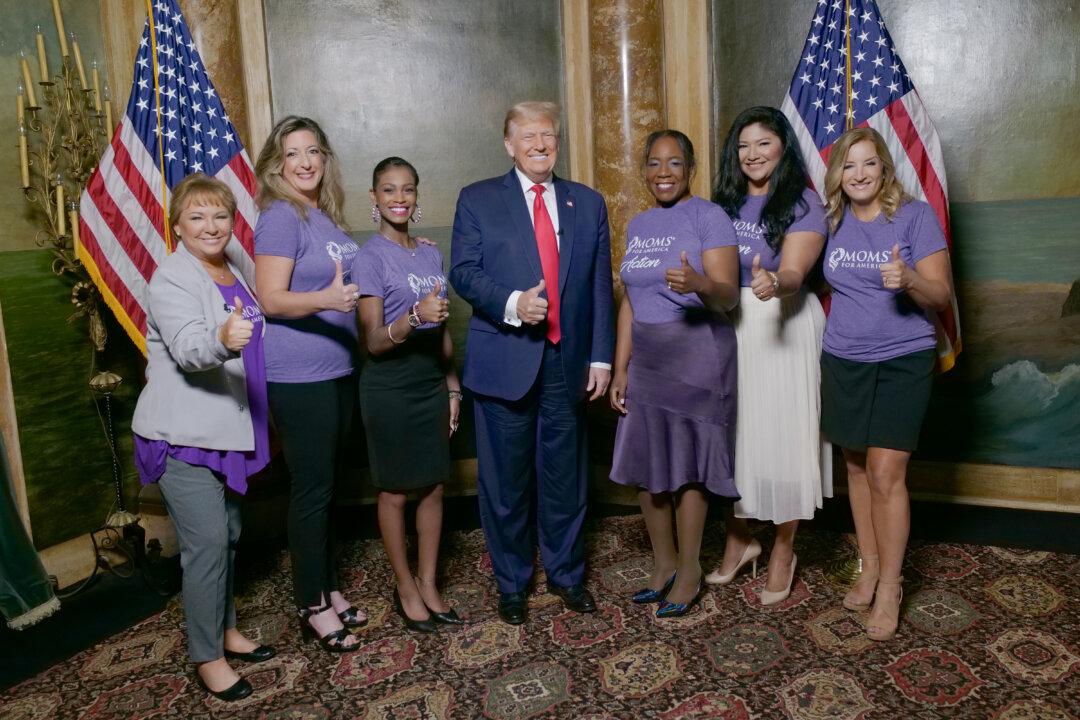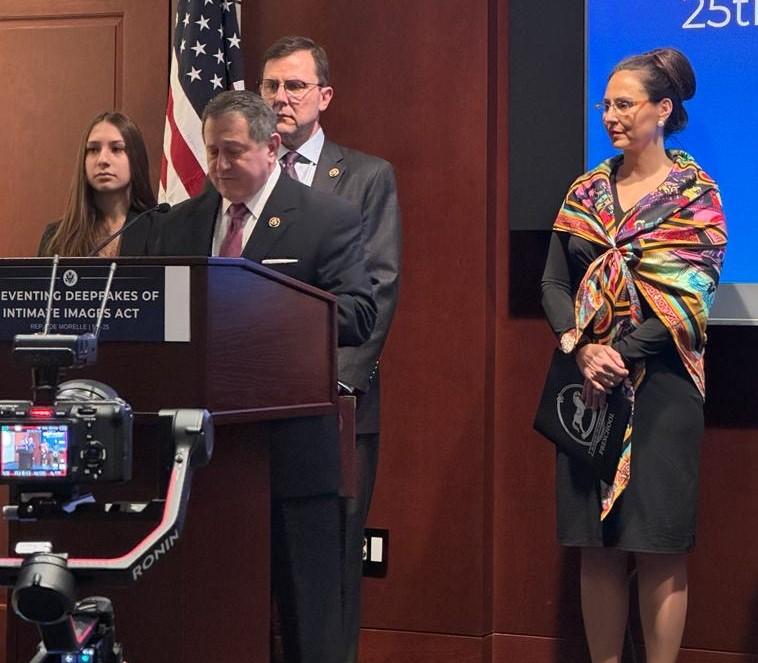The Connecticut General Assembly’s Joint Committee on Judiciary held a public hearing on March 6 on firearms and gun-control legislation that lasted about 12 hours (approximately 9 a.m. to 8:45 p.m.) and which, at times, got testy and emotional.
Close to 5,000 people submitted written testimony, and more than 150 delivered their remarks in person or through an online video feed.





